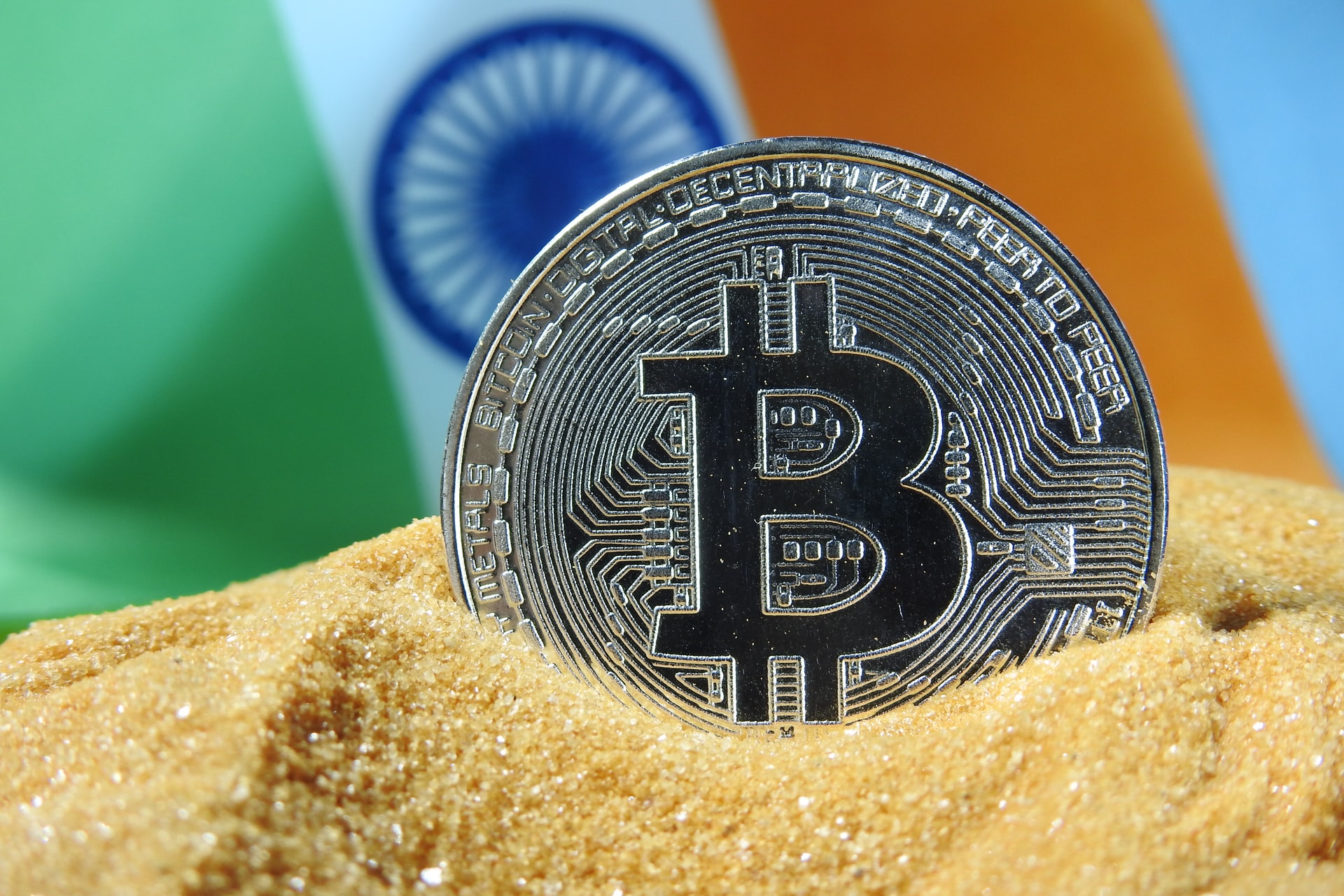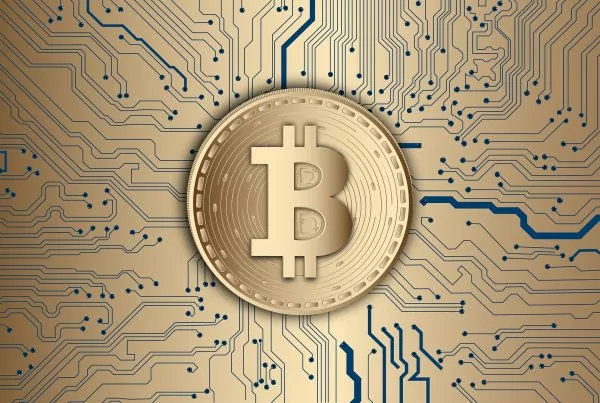
Key takeaways:
- Nirmala Sitharaman, India’s acting finance minister, announced plans for a digital rupee during a discussion about the country’s federal budget
- Sitharaman also called for a 30% tax on crypto, in light of the growing popularity of digital assets in India
- India is planning to start issuing a digital rupee CBDC by 2022-23
During a recent discussion on India’s federal budget, the country’s minister of finance and corporate affairs, Nirmala Sitharaman, announced plans to impose a 30% tax on any income generated from the transfer of digital assets, and spoke about the launch of a digital rupee CBDC.
India to implement a 30% income tax on all transfers of digital assets, including cryptocurrencies and NFTs
Shitharaman noted the “phenomenal increase” in the proliferation of virtual digital assets in the world’s second-most populous country over the last couple of years. According to a recent report by The Economic Times, approximately 20 million Indians made investments in crypto in 2021. The rise in the popularity of digital currencies in the country picked up the pace after the Reserve bank of India lifted a ban on crypto in March 2020.
The taxation of crypto would limit the income-earning potential of the growing number of Indian investors. However, state-wide legislation would also bring legitimacy to the industry and provide more consumer protection and state-backed safeguards to those engaging in crypto trading.
In light of the upcoming legislative changes, a parliamentary research group organized an educational session focusing on crypto and blockchain technology and their potential impact on the Indian economy.
Digital rupee could provide a ”big boost” to India’s economy
Shitharaman also spoke about central bank digital currency (CBDC) and how the launch of a digital rupee could help the economy.
“It is therefore proposed to introduce digital rupee using blockchain and other technologies to be issued by the Reserve Bank of India, starting 2022-23.”
India’s finance minister stated that a CBDC could bring more efficiency to the country’s currency management and unlock new economic opportunities for the future. India is quickly moving forward with the digital rupee and aims to start issuing digital currency by 2023 at the latest.
The news of India launching its own fiat-based digital currency comes less than a month after the US central bank published its long-awaited whitepaper on the digital dollar in hopes of kickstarting a public debate on the topic. European Union, China, and Japan are also working on their own CBDC products.



